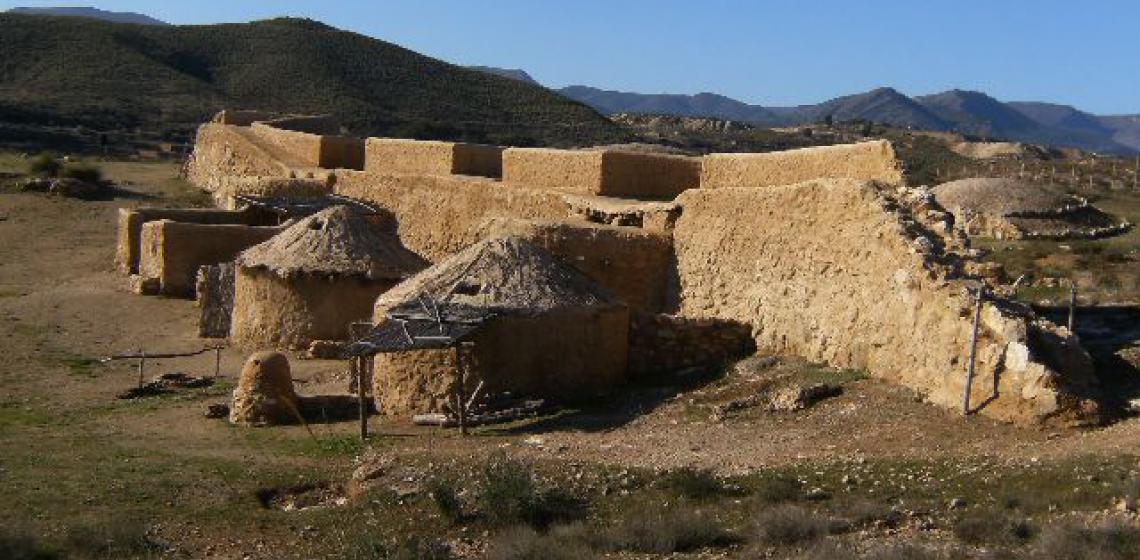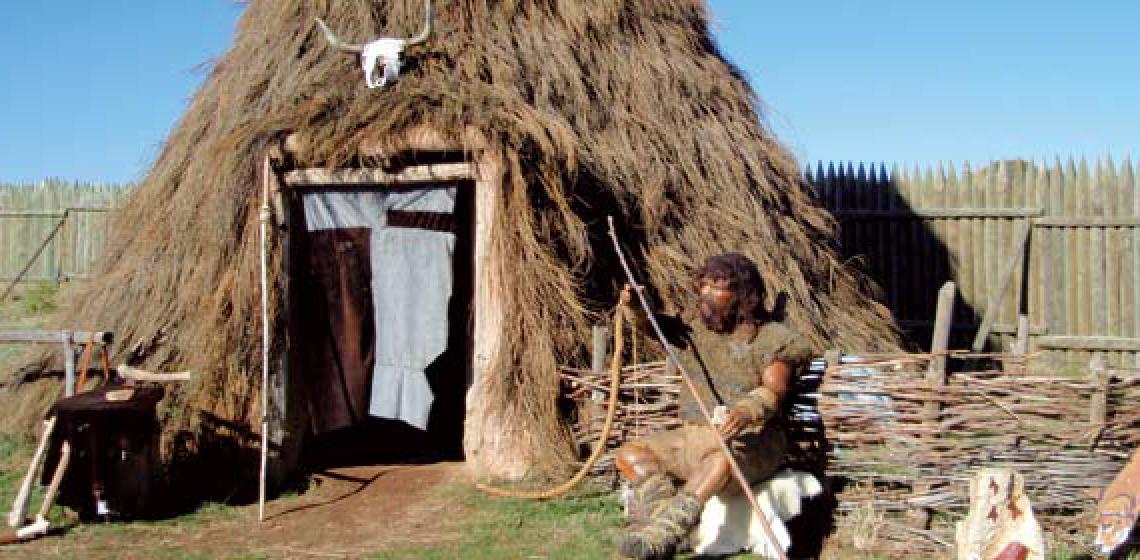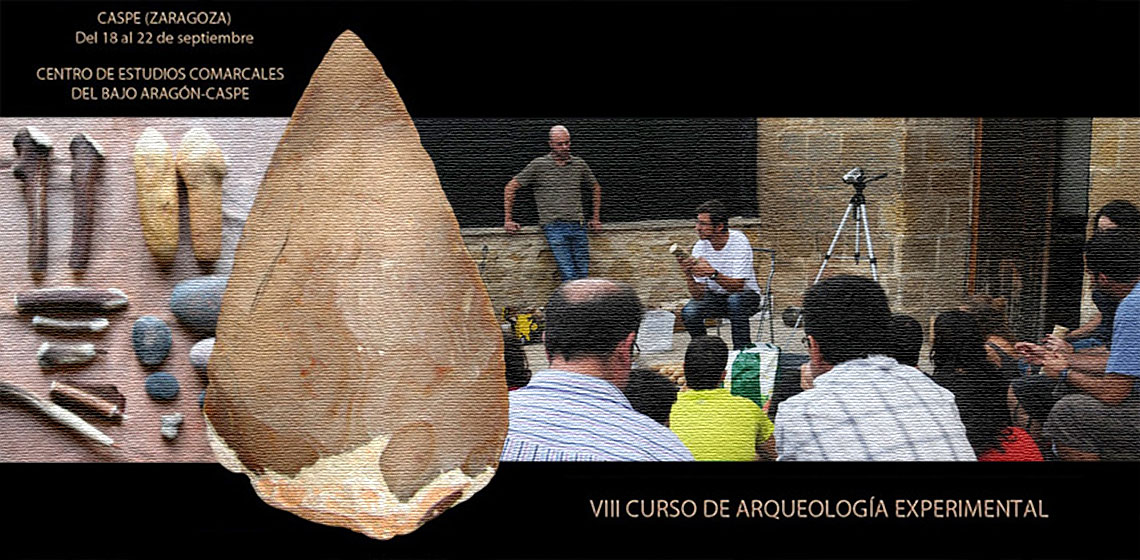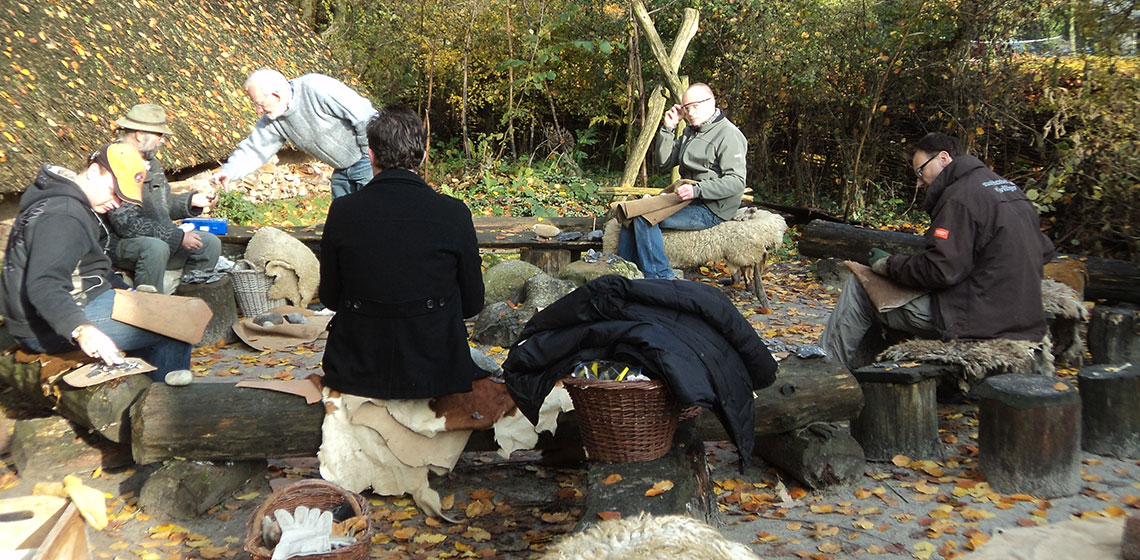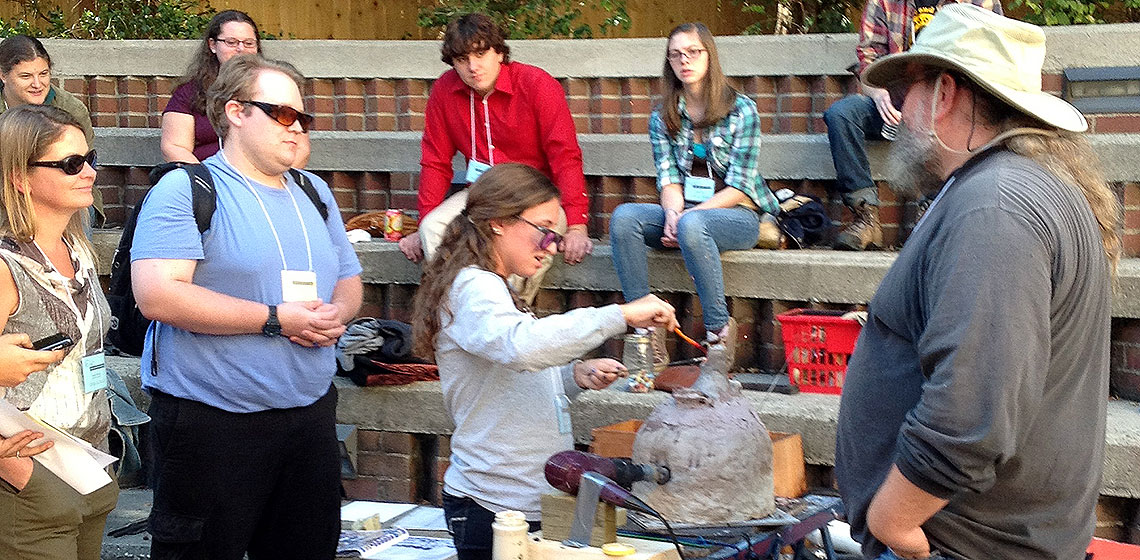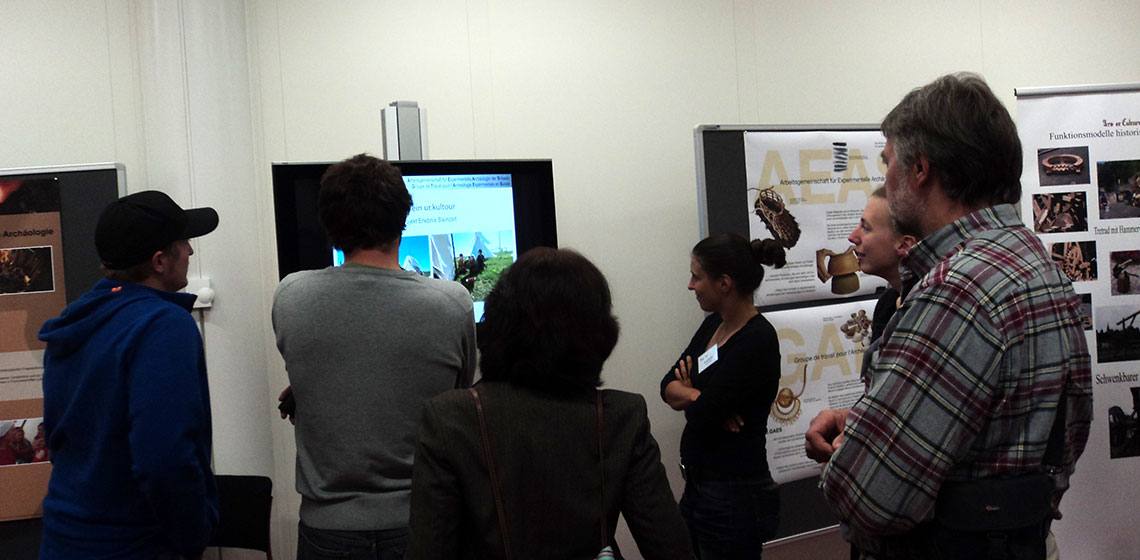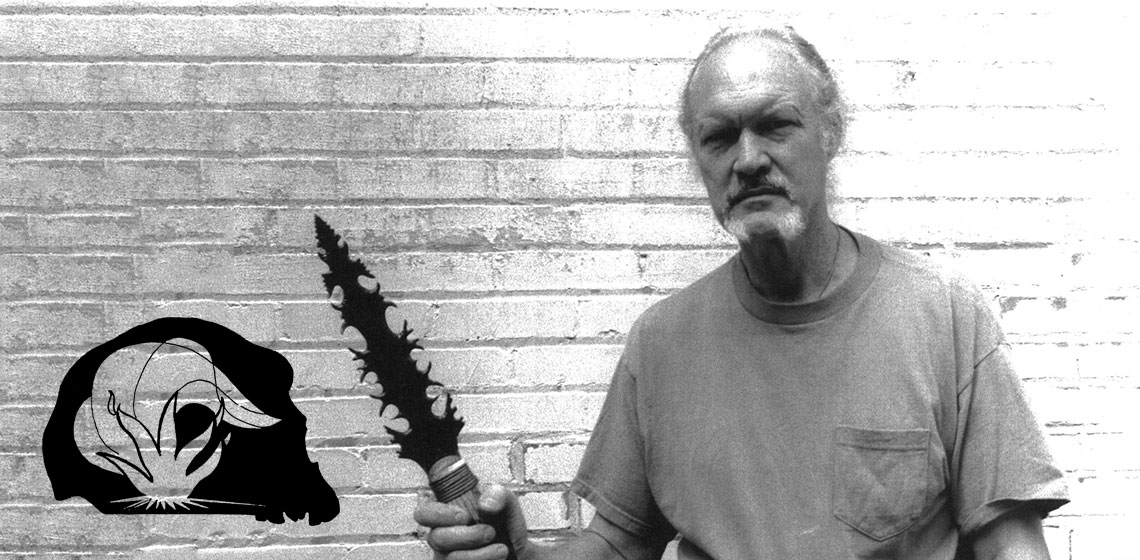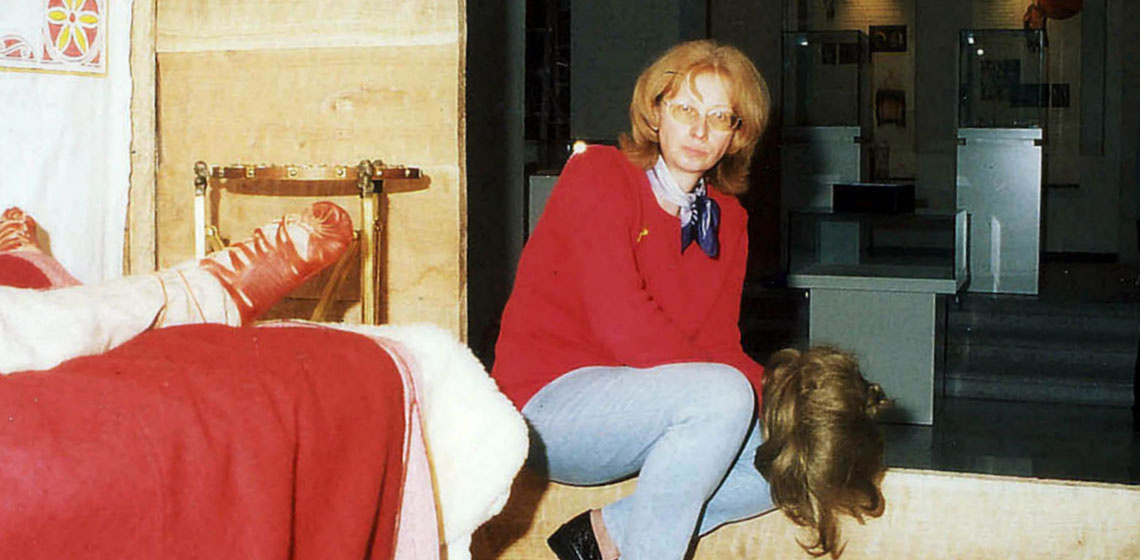Yacimiento Arqueológico Los Millares (ES)
Los Millares is one of the most important sites of the European Chalcolithic. It is located north of the town of Almeria, placed in the southern coast of Spain, in the region of Andalusia. The settlement dates from 3200 to 2200 BC and was protected by four circles of walls with circular towers. Its necropolis, with over 100 collective tombs, has no comparison in Europe. The site gives a name to one of the Chalcolitic (Copper Age) cultures of Europe.
Los Millares is one of the most important sites of the European Chalcolithic. It is located north of the town of Almeria, placed in the southern coast of Spain, in the region of Andalusia. The settlement dates from...

